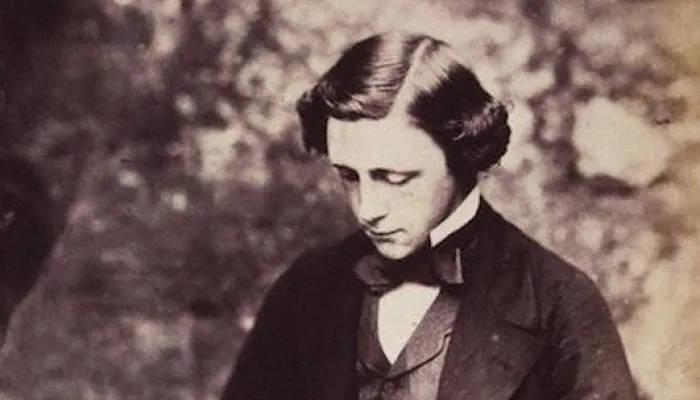Joshua Whitehead
Biography
Joshua Whitehead is an Oji-Cree, Two-Spirit storyteller and academic from Peguis First Nation on Treaty 1 territory in Manitoba. He is an Associate Professor of Indigenous Studies and English at the University of Calgary on Treaty 7 territory. He is the author of full-metal indigiqueer, Jonny Appleseed, and the editor of Love after the End: an Anthology of Two-Spirit and Indigiqueer Speculative Fiction. His forthcoming book of non-fiction, Making Love with the Land is slated to release in Spring 2022. Follow him on Twitter or Instagram at: @JWhitehead204.
Joshua prefers to write about Indigeneity, and more specifically, 2SQ (Two-Spirit, queer Indigeneity). His poetic style is usually lyrical, experimental, and intertextual, he likes to use repetition and anaphora to help structure his poems, along with a multitude of voices to help his speakers sing.
Micro-interview
I did! When I was a teenager my favourite poem was Allen Ginsberg’s “Howl” because it taught me so much about the rhythm of music, the way the body is intertwined with the lyricism, and how to perform poetry and lend the page over to orality.
I’ve always been writing little poems, sonnets, lyrics. The first poem I can remember I wrote when I was in kindergarten for my mother (who saved it and brings it out from time to time). The first time I thought of myself as a poet must have been in high school — those are foundational years, I feel, and I was very much encouraged by my high school teachers to explore poetry. It’s simultaneously an easy and difficult form but I feel poetry, more so than prose, lets you explore yourself in a more nuanced manner.
To listen carefully to the world, to pay attention to its politics, its systemics, its issues, and to speak truthfully and honestly about how the world filters through your body. As Thomas King once said, “everything is story.” It’s our job to create a story that represents yourself and those you are accountable to (your communities) in honest, healthy, and powerful ways.
"full-metal oji-cree" was inspired by my interest in science fiction/speculative fiction, comics, my communities, and my fear of the apocalypse. I wanted to write Indigeneity out of the past and ghost it into the future — what better way, I thought, than to demonstrate how we are super heroes, cyborgs, mutants, and powerful peoples already and what we will accomplish thinking about ourselves as such.
I am still smitten by Aisha Sasha John. I believe her poem “Regardless” is a powerful howl into the void of the world that demonstrates how language is a weapon —one that stakes one’s claim into the world unabashedly and deservedly. That, and the language is so evocative, a short sentence tells vignettes, or snippets, of story and is written in such a lyrical way. Plus, anaphora is always helpful for memorizing and reciting.


